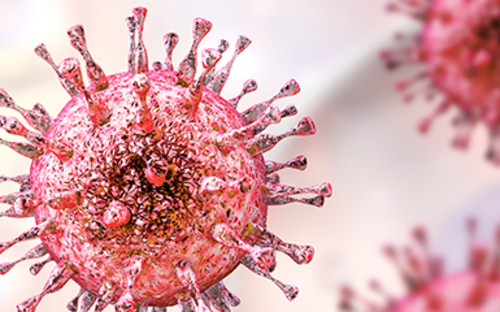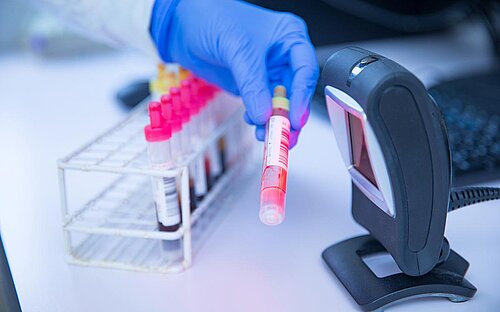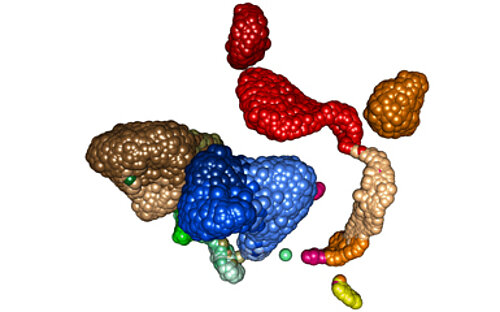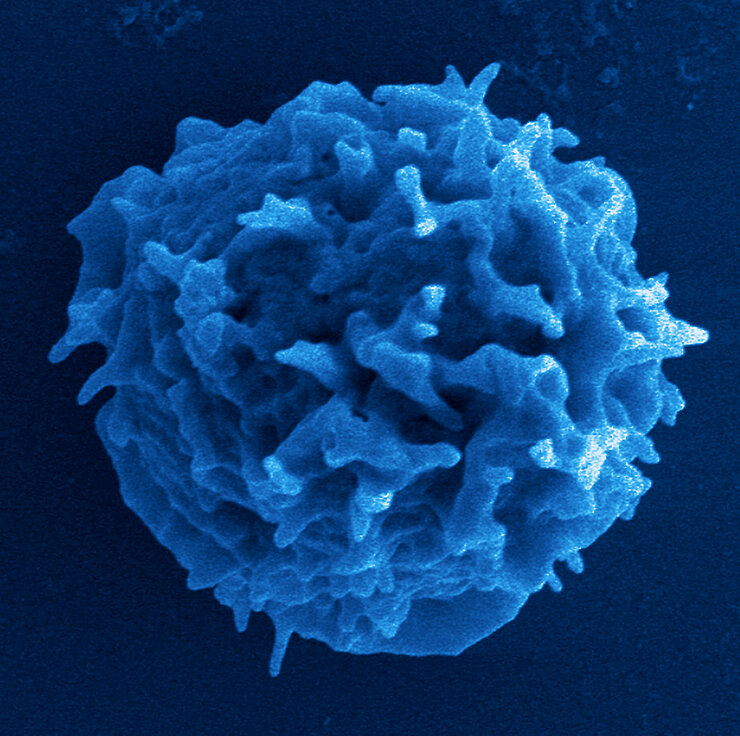
Each second of our lives, we are being attacked by numerous pathogens such as Viruses and bacteria. Our immune system is constantly busy fighting these invaders. Without the innate defence system of our body, which consists of various types of cells and molecules, we would be defenceless against these attacks.
The immune system makes use of two different mechanisms in its fight against pathogens: the non-specific and the specific Immune defence.
First line of defence: Non-specific immune defence
When pathogens invade the body, for example by way of a wound, the non-specific immune system reacts first. Anchored deeply in the genome, this first line of defence ensures that pathogens can be fought and disposed of within a few minutes.
When the body recognises foreign elements, it fights them by means of various defence cells and plasma proteins circulating in the bloodstream. These components, both cellular and humoral - which means present in the blood - can destroy the cell walls of the invaders or activate scavenger cells, which then "devour" the pathogens. Which cells and proteins participate specifically depends mainly on the type and site of the Infection because pathogens are very diverse. Researchers presume that 90 percent of all infections are successively controlled by the innate Immune defence.
Specific immune defence - A specific match for the pathogen
If the pathogen successfully overcomes the first line of defence and spreads, the specific Immune defence gets involved. This system adapts individually to certain pathogens, matches them and develops a corresponding immune response. This is also called adaptive immune response. It gets involved when the foreign elements invade into the lymphatic tissue, a part of the lymphatic system, which pervades the entire body. This is where the Pathogens encounter B cells, which recognise the features of the pathogen by means of receptors. Based on these features, also called Antigens, Antibodies can be produced. By means of T-cells the B cells differentiate into more specialised Plasma cells that produce large amounts of highly specific Antibody and spread across the entire body.
The Antibodies prevent the pathogen from spreading further and limit its mobility and support the scavenger cells by "marking" the germs. These measures allow the Infection to be overcome.
Smart pathogens
However, despite this sophisticated defence mechanism, humans do still get ill. Mainly because pathogens are smart, adaptable and mutable. There are still many unanswered questions that are being addressed by researchers throughout the world.
Researchers at the HZI also investigate the interaction between Immune defence and pathogens. For these studies, the researchers develop new models that are adapted to the human immune system, and then study the mechanisms of immune response. They also look at the aging of the immune system and develop adjuvant substances to improve the efficacy of vaccines. The successes achieved in the past highlight how important it is for infection research to understand the complex mechanisms of the immune system. For this reason, immune response and immune interventions have moved into the focus of the HZI and are one of the three key topics at the centre.
Involved research groups
-
Innate Immunity and Infection
 Prof Dr Andrea Kröger
Prof Dr Andrea Kröger -
Antiviral Antibody-Omics
 Prof Dr Yannic Bartsch
Prof Dr Yannic Bartsch -
Computational Biology for Individualised Medicine
 Prof Dr Yang Li
Prof Dr Yang Li -
Biomarkers of Infectious Diseases
 PD Dr Frank Pessler
PD Dr Frank Pessler -
Experimental Immunology
 Prof Dr Jochen Hühn
Prof Dr Jochen Hühn -
Experimental Infection Research
 Prof Dr Ulrich Kalinke
Prof Dr Ulrich Kalinke -
Early Life Immunity
 Dr Natalia Torow
Dr Natalia Torow -
Immune Regulation
 Prof Dr Dunja Bruder
Prof Dr Dunja Bruder -
Cellular Metabolism in Infection
 Prof Dr Thekla Cordes
Prof Dr Thekla Cordes -
Molecular Cell Biology
 Prof Dr Klemens Rottner
Prof Dr Klemens Rottner -
Personalised Immunotherapy
 Prof Dr Kathrin de la Rosa
Prof Dr Kathrin de la Rosa -
Systems Immunology
 Prof Dr Michael Meyer-Hermann
Prof Dr Michael Meyer-Hermann -
Laboratory of Transmission Immunology
 Dr Julia Port
Dr Julia Port -
Viral Immunology
 Prof Dr Dr Luka Cicin-Sain
Prof Dr Dr Luka Cicin-Sain -
Virology and Innate Immunity
 Prof Dr Melanie Brinkmann
Prof Dr Melanie Brinkmann -
Cell Biology
 Prof Dr Theresia Stradal
Prof Dr Theresia Stradal -
Immune Signaling
 Dr Lina Herhaus
Dr Lina Herhaus -
Cellular Proteome Research
 Prof Dr Lothar Jänsch
Prof Dr Lothar Jänsch

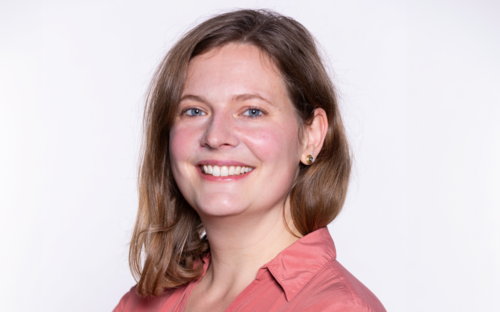

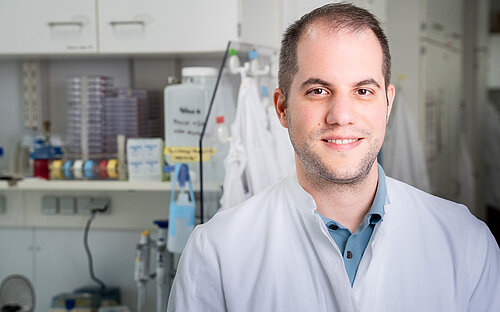


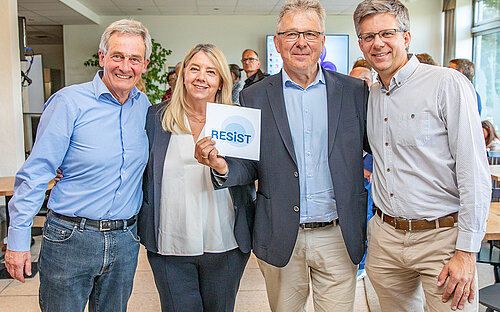
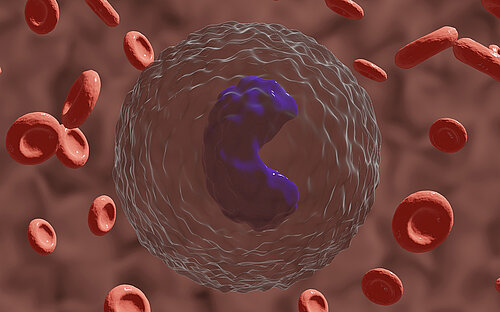
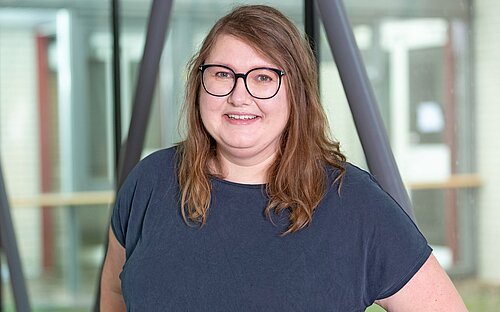
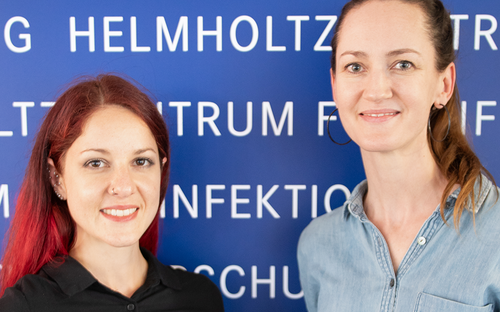
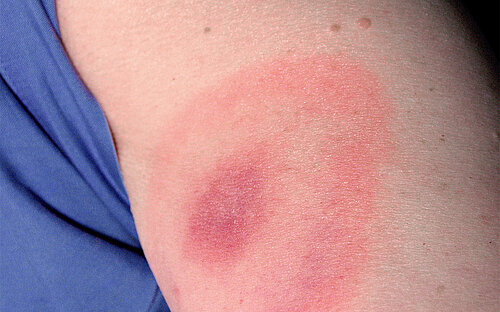
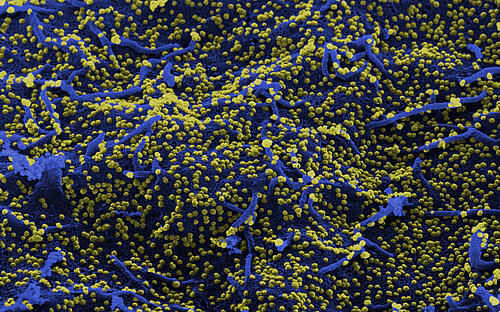
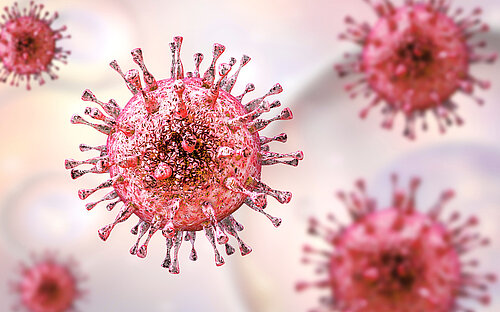
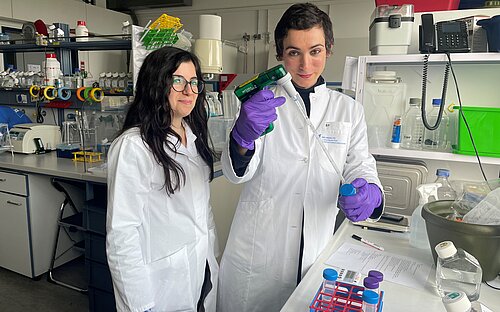
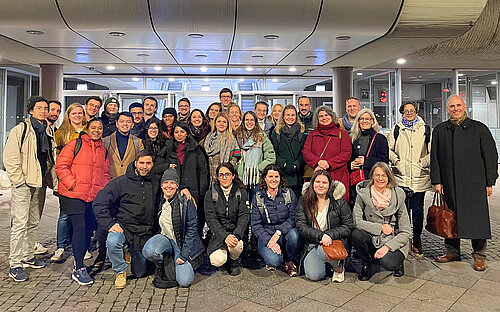
![[Translate to English:] Endogener ASC-Speck, abgebildet in 3D mit dSTORM. © iScience, CC-BY-4.0](/fileadmin/_processed_/c/7/csm_2023_Webnews_LMU_Sieben_c_iScience_CCBY40_3a383228ff.png)
